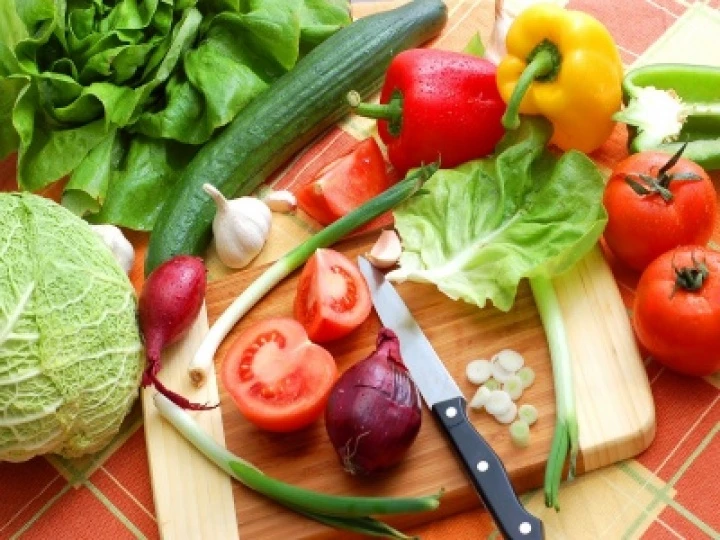We all know that eating fruit and vegetables is good for us, and a study in The British Medical Journal this week adds to the now substantial evidence showing that people who eat more fruit and vegetables are more healthy and less likely to die prematurely.
A systematic review and dose-response analysis from 16 different studies shows that higher consumption of fruit and vegetables was significantly associated with a lower risk of all cause mortality. They interestingly also observed "a threshold around five servings of fruits and vegetables a day after which the risk of all cause mortality did not reduce further."
The question of the health benefits of eating five, or more than five, daily portions of fruit and vegetables seems to be a topic that will be debated for some time to come. For now the UK government's advice remains that we should be consuming "at least" five servings of fruit and vegetables a day, which would seem to be in line with the most recent research.
Unfortunately, for a large part of the general public the benefits of healthy eating and lifestyle advice do not seem to be getting through. Authors of the latest clinical review report that non-alcoholic fatty liver disease (NAFLD) is now more common worldwide than alcoholic liver disease, because of the rapid rise in the prevalence of obesity: prevalence of NAFLD is now 20% in the general population (and up to 70% in patients with type 2 diabetes).
The authors recommend that "patients with suspected or confirmed NAFLD should be given lifestyle advice on sustainable weight reduction as well as advice about reduction of alcohol intake" because obesity and alcohol may act synergistically to promote liver disease. With this in mind, are doctors going far enough to help provide practical advice for their patients? Over and above endorsing public health advice about the benefits of five portions of fruit and vegetables a day, perhaps doctors need a similar evidence based checklist of "five foods and drinks NOT to consume each day," which would include refined sugar and sugary drinks.
Catherine McDermot
Deputy Editor, The BMJ








